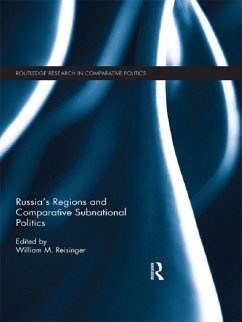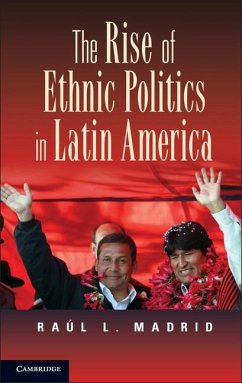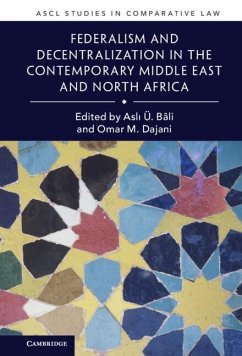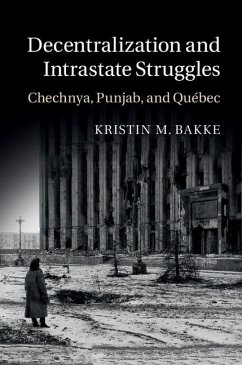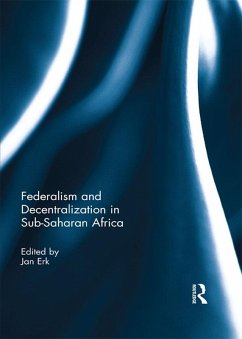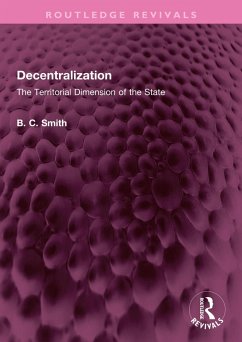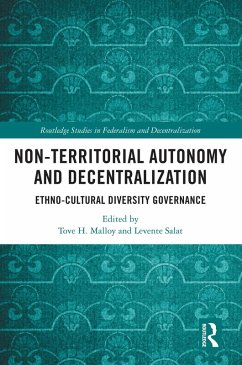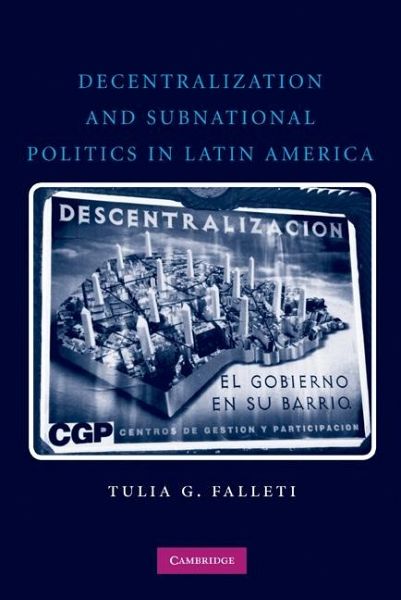
Decentralization and Subnational Politics in Latin America (eBook, ePUB)

PAYBACK Punkte
9 °P sammeln!
Is it always true that decentralization reforms put more power in the hands of governors and mayors? In post-developmental Latin America, the surprising answer to this question is no. In fact, a variety of outcomes are possible, depending largely on who initiates the reforms, how they are initiated, and in what order they are introduced. Tulia G. Falleti draws on extensive fieldwork, in-depth interviews, archival records, and quantitative data to explain the trajectories of decentralization processes and their markedly different outcomes in Argentina, Brazil, Colombia, and Mexico. In her analy...
Is it always true that decentralization reforms put more power in the hands of governors and mayors? In post-developmental Latin America, the surprising answer to this question is no. In fact, a variety of outcomes are possible, depending largely on who initiates the reforms, how they are initiated, and in what order they are introduced. Tulia G. Falleti draws on extensive fieldwork, in-depth interviews, archival records, and quantitative data to explain the trajectories of decentralization processes and their markedly different outcomes in Argentina, Brazil, Colombia, and Mexico. In her analysis, she develops a sequential theory and method that are successful in explaining this counterintuitive result. Her research contributes to the literature on path dependence and institutional evolution and will be of interest to scholars of decentralization, federalism, subnational politics, intergovernmental relations, and Latin American politics.
Dieser Download kann aus rechtlichen Gründen nur mit Rechnungsadresse in A, B, BG, CY, CZ, D, DK, EW, E, FIN, F, GR, HR, H, IRL, I, LT, L, LR, M, NL, PL, P, R, S, SLO, SK ausgeliefert werden.




